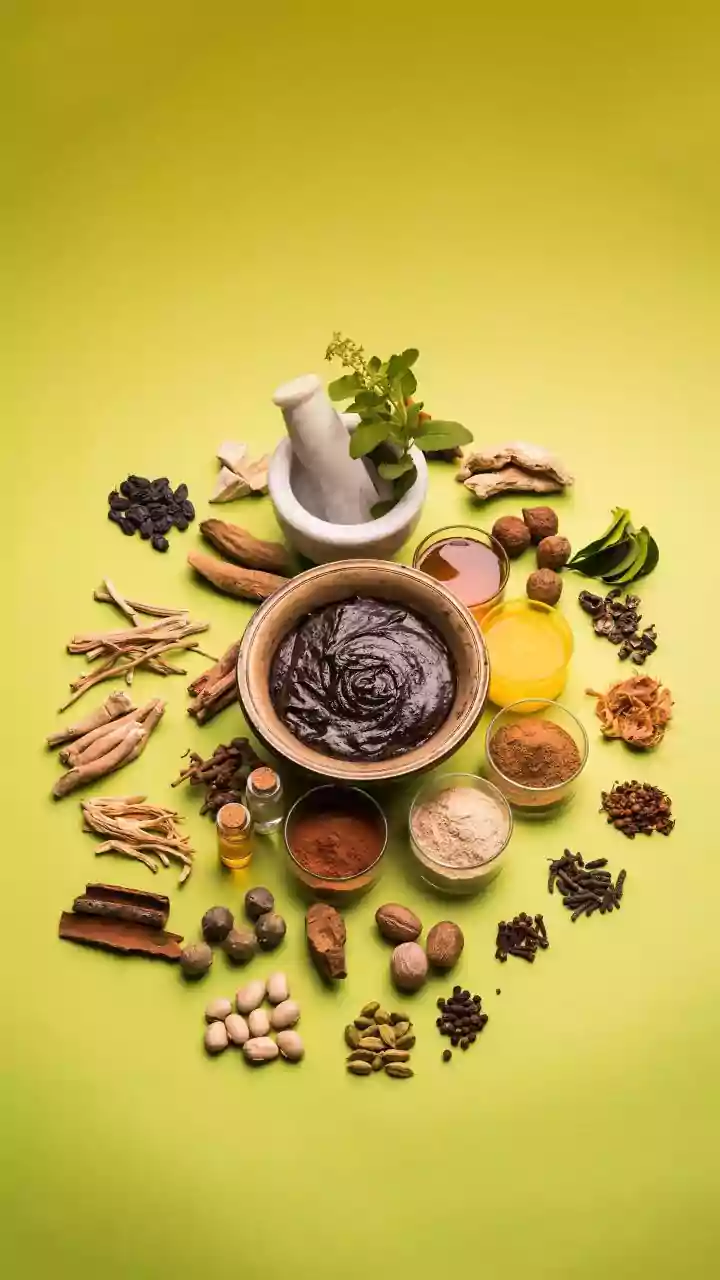Ginger & Honey Elixir
Ginger and honey are potent allies in combating coughs and colds. Ginger possesses anti-inflammatory properties that can soothe irritated airways, while
honey acts as a natural cough suppressant and antibacterial agent. Combining these two creates a powerful elixir. To make it, grate about an inch of fresh ginger and mix it with two tablespoons of honey. You can consume this mixture directly, allowing it to coat your throat, or add it to warm water or herbal tea for a gentler approach. The warmth of the tea also helps to loosen congestion, providing additional relief. Consistency is key, so take this remedy a few times a day to experience its full benefits. Remember, honey should not be given to children under one year old due to the risk of botulism.
Turmeric Milk Magic
Turmeric, with its active compound curcumin, is renowned for its strong anti-inflammatory and antioxidant properties. It can greatly aid in boosting immunity and reducing inflammation, which makes it an excellent choice for cold and cough relief. Milk acts as a soothing base, providing comfort, while the warmth aids in easing congestion. Prepare this remedy by heating a cup of milk (dairy or plant-based) and adding a half teaspoon of turmeric powder. You can add a pinch of black pepper, which helps your body absorb the curcumin more effectively. A dash of honey can also enhance the taste and add extra cough-suppressing benefits. Drink this warm concoction before bed for a calming effect.
Garlic Soup Power
Garlic is celebrated for its potent antiviral and antibacterial properties, which are beneficial in fighting off cold and flu viruses. Its strong flavor also helps in clearing sinuses. To prepare garlic soup, you'll need several cloves of garlic—about 4-5 cloves per serving. Sauté the minced garlic in a tablespoon of olive oil or coconut oil until fragrant. Add vegetable or chicken broth, and let it simmer for about 15 minutes. Consider adding other beneficial ingredients like ginger and a pinch of cayenne pepper for extra warmth and relief. Consume this soup regularly, especially when you feel the first signs of a cold, for a noticeable effect. Garlic's pungent aroma can also help clear nasal passages.
Steam Inhalation Therapy
Steam inhalation is a simple, yet highly effective method for relieving nasal congestion and soothing irritated airways. The moist, warm air helps to thin mucus, making it easier to breathe. To do this, boil water in a pot or kettle and carefully pour it into a bowl. Add a few drops of essential oils like eucalyptus, peppermint, or tea tree—known for their decongestant and antimicrobial properties. Place a towel over your head, creating a tent, and inhale the steam deeply for 10-15 minutes. Be cautious to avoid burns; keep your face at a safe distance from the hot water. Repeat this process a few times a day for optimal results. Steam inhalation provides immediate relief and supports natural healing.
Lemon & Salt Gargle
Lemon and salt gargles are excellent remedies for sore throats, often associated with coughs and colds. Lemon's high vitamin C content strengthens the immune system, and its acidic nature helps to break down mucus. Salt has natural antiseptic properties, aiding in reducing inflammation and killing bacteria in the throat. To make this gargle, mix the juice of half a lemon with a half teaspoon of salt in a glass of warm water. Gargle the mixture for 30 seconds, and then spit it out—do not swallow. Repeat this several times a day to alleviate throat pain and reduce infection. The combination of lemon and salt provides instant relief and aids in faster recovery.
Herbal Tea Blends
Herbal teas offer a comforting way to soothe coughs and colds. Several herbs possess properties that can ease symptoms and promote healing. Chamomile tea has calming properties and can soothe irritated throats. Peppermint tea helps to clear nasal congestion, while ginger tea fights inflammation. To prepare an effective blend, combine a tablespoon of your chosen herbs in a cup and steep them in hot water for about 10 minutes. Adding a teaspoon of honey enhances the taste and provides cough-suppressing benefits. Drink herbal teas several times a day, allowing the warmth and medicinal properties of the herbs to work their magic. Customizing your blend can provide tailored relief.
Eucalyptus Oil Rub
Eucalyptus oil is well-known for its potent decongestant properties. Applying a eucalyptus oil rub can provide significant relief from chest congestion. Eucalyptus oil contains eucalyptol, which helps to loosen mucus and clear airways. To make a simple rub, mix a few drops of eucalyptus essential oil with a carrier oil like coconut or almond oil. Gently rub this mixture onto your chest and upper back. The vapors released by the oil as it heats up will aid in clearing congestion. You can also add a few drops of eucalyptus oil to a humidifier or diffuser to improve the air quality and further aid breathing. This is particularly helpful when used before bed.
Rest and Hydration
Rest and hydration are essential components of any successful cold or cough recovery plan. Your body's immune system works most effectively when it is not burdened by stress or physical exertion. Prioritize sleep and relaxation to allow your body to heal. Hydration is equally crucial; water helps to thin mucus, making it easier to cough up and clear your airways. Aim to drink at least eight glasses of water a day. Other hydrating options include herbal teas, clear broths, and fruit juices. Avoid sugary drinks and excessive caffeine or alcohol, as they can dehydrate you further. Proper rest and adequate hydration support your immune system.
Apple Cider Vinegar
Apple cider vinegar (ACV) can be a helpful remedy for coughs and colds due to its potential antibacterial and anti-inflammatory properties. ACV can help break up mucus and provide relief from sore throats. To use it, mix one to two tablespoons of ACV with a cup of warm water and a tablespoon of honey to improve taste. You can sip this mixture slowly throughout the day. Alternatively, use ACV in a gargle by mixing one tablespoon of ACV with one cup of warm water. Always choose raw, unfiltered ACV, as it contains beneficial enzymes and probiotics. Start with small doses to assess tolerance and adjust as needed.
Chicken Soup Comfort
Chicken soup is a time-tested remedy for coughs and colds, offering both comfort and medicinal benefits. The warmth of the soup helps to soothe sore throats, while the nutrients from chicken and vegetables support the immune system. Chicken soup has anti-inflammatory properties, making it effective for relieving respiratory symptoms. To make the most of this remedy, use homemade chicken broth with plenty of vegetables such as carrots, celery, and onions. The nutrients from these ingredients, combined with the protein from the chicken, can help speed up recovery. Consuming a warm bowl of chicken soup can offer significant comfort and help fight off the symptoms of a cold.





















